Published by
World Scientific Publishing Co. Pte. Ltd.
5 Toh Tuck Link, Singapore 596224
USA office: 27 Warren Street, Suite 401-402, Hackensack, NJ 07601
UK office: 57 Shelton Street, Covent Garden, London WC2H 9HE
Library of Congress Cataloging-in-Publication Data
Names: Kleiner, Juergen, author.
Title: The permanence of diplomacy : studies of US relations with Korea,
Pakistan and Afghanistan / by Juergen Kleiner, Boston University, USA.
Description: Singapore ; Hackensack, NJ : World Scientific, 2016.
Identifiers: LCCN 2015040493| ISBN 9789814733366 (hardcover) |
ISBN 9814733369 (hardcover)
Subjects: LCSH: United States--Foreign relations--Korea (South) | Korea (South)-
Foreign relations--United States. | United States--Foreign relations--Pakistan. |
Pakistan--Foreign relations--United States. | United States--Foreign relations-
Afghanistan. | Afghanistan--Foreign relations--United States.
Classification: LCC E183.8.K6 K58 2016 | DDC 327.7305195--dc23
LC record available at http://lccn.loc.gov/2015040493
British Library Cataloguing-in-Publication Data
A catalogue record for this book is available from the British Library.
Copyright 2016 by World Scientific Publishing Co. Pte. Ltd.
All rights reserved. This book, or parts thereof, may not be reproduced in any form or by any means, electronic or mechanical, including photocopying, recording or any information storage and retrieval system now known or to be invented, without written permission from the publisher .
For photocopying of material in this volume, please pay a copying fee through the Copyright Clearance Center, Inc., 222 Rosewood Drive, Danvers, MA 01923, USA. In this case permission to photocopy is not required from the publisher.
Desk Editor: Alisha Nyugen
Typeset by Stallion Press
Email:
Printed in Singapore
Acknowledgements
I am very grateful to World Scientific Publishing to allow me putting together a number of my articles in form of a book. And I thank Alisha Nguyen, particularly for suggesting such a reprint and assisting me during the process of preparing the publication.
All of the articles that readers find in the collection were published or written during and after my stay at Boston University, where I taught at the Department of International Relations now the Frederick S. Pardee School for Global Studies from 1999 to 2003. At Boston University, I enjoyed great encourage ment and support by Dr John Silber, Chancellor of the University, and of Dr Erik Goldstein, Chairman of the Department of International Relations. Of course, I greatly benefitted from discussions and exchanges with the members of the faculty.
I am particularly indebted to two of my diplomatic colleagues, Ulrich Junker and Walter Le walter. We joined the German Foreign Service together in 1964 as members of the 19th Crew. Though the Service sent us to different posts, I had the good luck to keep in touch with both of them discussing, among other things, foreign policy and diplomatic issues. Both friends were good enough to go through my articles before publication.
I also want to pay my respect and express my thanks to Lois Hohman of Cape Coral (Florida) who checked the linguistic of most of my articles.
I wish and hope that readers find my introduction to diplomacy and issues of US foreign policy in East and South Asia useful.
Juergen Kleiner
Meiches, Spring 2015
Introduction
Thirty four years in the German Foreign Service have taught the author that it makes sense to differentiate between foreign policy and diplomacy. Foreign policy defines a countrys aims in international relations and is formulated and adjusted by politicians. The aims are determined by the countrys interests. Diplomacy tries to implement a countrys foreign policy. Thus, as far as content is concerned, diplomacy is a dependent variable of foreign policy. However, the practice of diplomacy follows its own rules that have developed for the communication between states over the years. Diplomacy used to be the prerogative of diplomats. For ex ample, one hundred years ago, during the July crisis of 1914 preceding the First World War, many of the relevant conversations were conducted by diplomats. At present, we live in the age of summitry and of travelling foreign ministers. Hillary Clinton recalled that as Secretary of State, she has visited 112 countries and travelled nearly one million miles in four years. Thus, chief executives and foreign ministers often insist to manage their foreign policy them selves. The extension of international co-operation to many special fields, such as the protec tion of the environment, health, energy or counter-terrorism, has involved specialized minis tries and their experts in foreign relations. This outsourcing of communication with other states has affected the status of foreign ministries. The increasing number of international gov ernmental organizations (IGOs) has heralded a shift from bilateral to multilateral diplomacy and produced a new type of diplomat, the international civil servant, who takes care of the IGOs interests. In recent years, the role of non-state actors on the world stage has found much attention. However, the international activities of citizens, international non-govern mental organizations, multinational corporations and the media are of a private character. I feel that governmental diplomacy has undergone changes but that its importance has increased. My views are explained in detail in the opening article The Inertia of Diplomacy (first published by Diplomacy & Statecraft, 19:321349, 2008).
Diplomats are intermediates between states and societies. To fulfill this function they need contacts in the receiving country. They do not only talk to government officials, but to many representatives of the civil society and even try to reach out to the host countrys public in or der to promote their governments foreign policies. At the same time, diplomats have the duty not to interfere in the internal and external affairs of the host country. These contradictory tasks make the live of diplomats sometimes difficult, particularly so because the host govern ment can declare them persona non grata and send them home. Readers find an account of the problems involved in the piece Non-Interference: A Warning Sign for Diplomats (first publication).

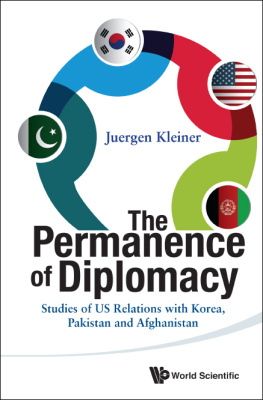
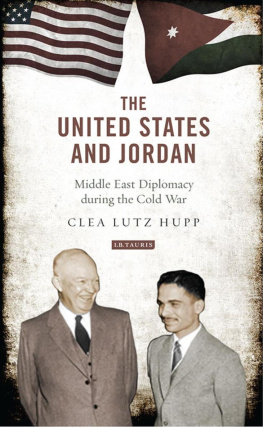
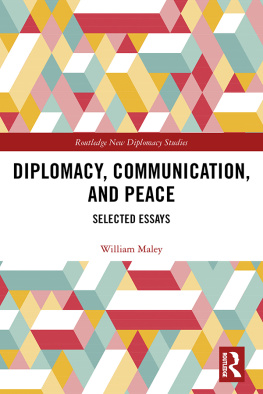

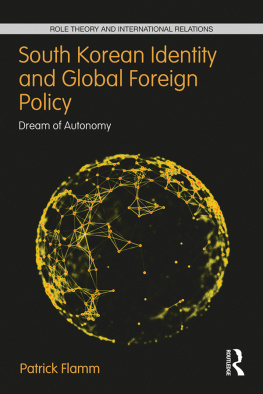
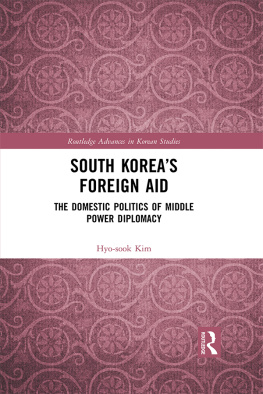
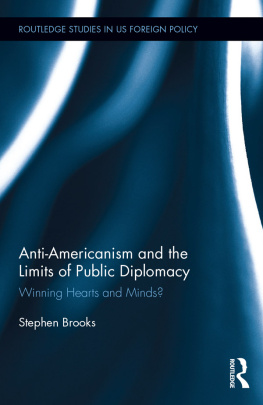

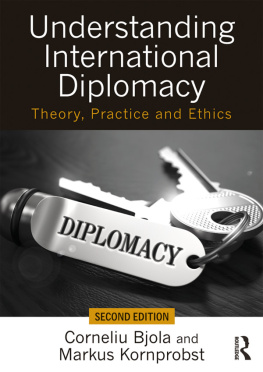
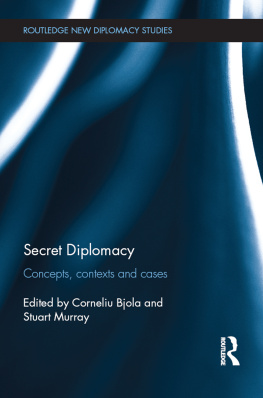

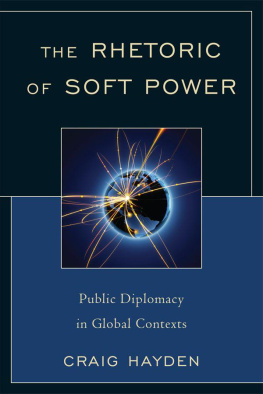



 Juergen Kleiner grew up in the old German university town of Marburg an der Lahn. After having studied law and passed the two State Examinations in Law he joined the German Foreign Service in 1964. His postings alternated between those in the Federal Foreign Office in Bonn and those at German diplomatic missions abroad. He worked, among others, at the UN mission in New York and the embassies in Oslo and Budapest. He served as the German Ambassador to the Republic of Korea (19851992), to the Federal Republic of Nigeria (19921995) and the Islamic Republic of Pakistan (19951998). From 1998 to 2003 he taught as Professor of International Relations at Boston University. In 2006 he was promoted Professor Emeritus by Boston University. He is the author of books on Korea, a textbook on Diplomatic Practice and articles in academic journals.
Juergen Kleiner grew up in the old German university town of Marburg an der Lahn. After having studied law and passed the two State Examinations in Law he joined the German Foreign Service in 1964. His postings alternated between those in the Federal Foreign Office in Bonn and those at German diplomatic missions abroad. He worked, among others, at the UN mission in New York and the embassies in Oslo and Budapest. He served as the German Ambassador to the Republic of Korea (19851992), to the Federal Republic of Nigeria (19921995) and the Islamic Republic of Pakistan (19951998). From 1998 to 2003 he taught as Professor of International Relations at Boston University. In 2006 he was promoted Professor Emeritus by Boston University. He is the author of books on Korea, a textbook on Diplomatic Practice and articles in academic journals.